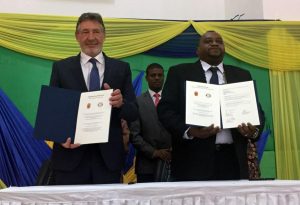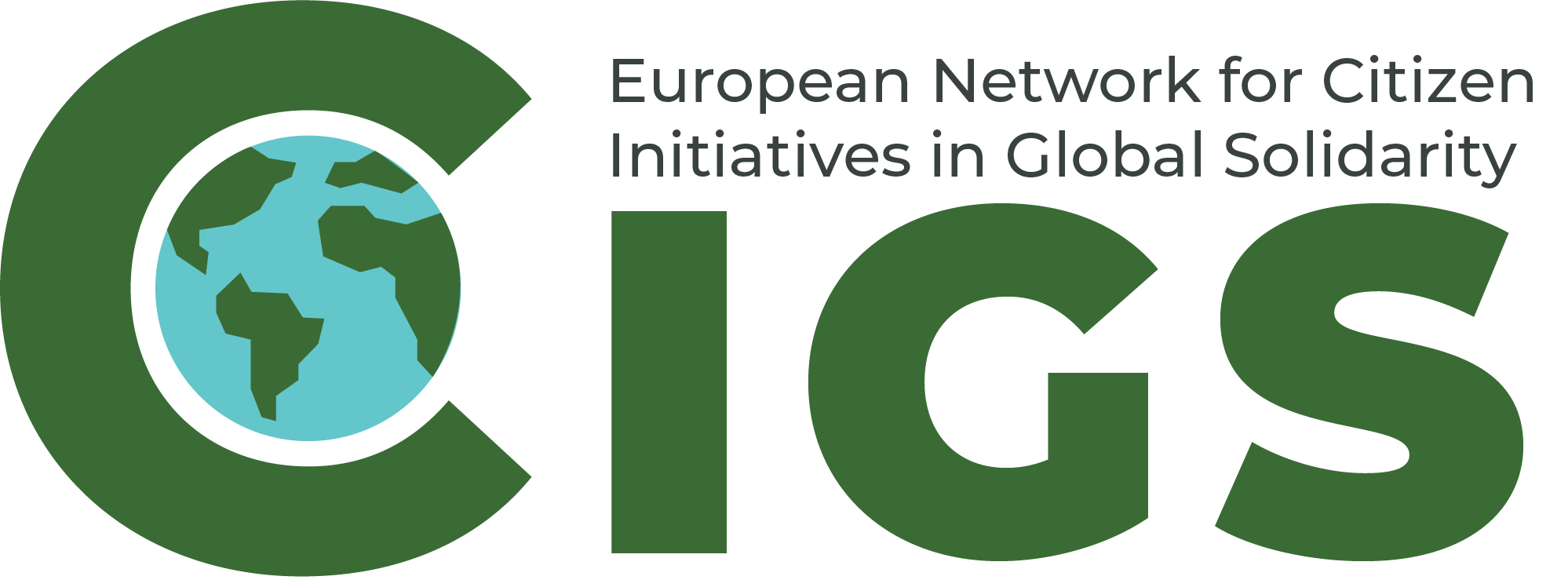 The support to CIGS that local and regional governments offer differ widely within Europe. On the meeting of the funding working group of the network at the 23rd of March we discussed this theme with representatives from Belgium, Italy, Germany, Poland and the Netherlands. Furthermore CLI presented the initiative that they have taken to apply for an Erasmus project that aims at increasing the quality of capacity building for CIGS in Europe.
The support to CIGS that local and regional governments offer differ widely within Europe. On the meeting of the funding working group of the network at the 23rd of March we discussed this theme with representatives from Belgium, Italy, Germany, Poland and the Netherlands. Furthermore CLI presented the initiative that they have taken to apply for an Erasmus project that aims at increasing the quality of capacity building for CIGS in Europe.
The key take aways of the meeting where as per country:
Netherlands
In the Netherlands support from local authorities to CIGS has almost seized to exist. There still are general facilities that CIGS can make use of such as volunteer insurances, training and networking on general issues related to running volunteer organisations, but specific support to CIGS has mostly stopped. In recent years under a political lobby most city-links/jumelages/local government twinning projects have been abandoned. Still there exist such links but the financial support to them from local or provincial government is very slim. The SDG agenda therefore at the local level became a very much a locally oriented policy without any links to the international partnering.
Belgium
In Belgium or more specific in Flanders the CIGS community has been pushing at every election to make sure local or provincial authorities have international cooperation policies in place. Furthermore a requirement of such a policy was to have staff and budget available for international cooperation. Due to this 2/3 of the cities have an international policy. Especially the provinces as regional authorities have a long history with this regard. CIGS can apply for limited funding from their local governments amounts vary from € 500 to € 5.000. Larger projects can apply as well for provincial funding. As in the Netherlands volunteer insurance is available and even training is provided at regional and provincial level focussed on CIGS. At the moment there is some pressure to reduce budgets for local level international cooperation but 11.11.11 is already preparing for a campaign against this development.
Italy
Political trends in Italy are very right wing but that does not imply that international cooperation on the local level is ending. There are many very old and intense relations between local governments in Italy and local governments in the global south especially in countries where Italian is a often spoken foreign language. Moreover some relations are triangular relations for instance twinning between a Italian town a French town and a town in Burkina Faso, such relations have the tendency to be maintained longer because neither of the Northern partners want to be first to abolish such a relationship. In general in Italy only CIGS can implement and organise financing for projects. There is no training or other facilities provided to CIGS in Italy. But the situation is in general quite stable for CIGS and their projects.
Poland
Poland went through a very substantive governance reform in the 90ties in which municipalities where created. Later on as well a new structure of Districts and Voivodships developed. With these local governments as well city, town and district twinning became present. First especially focussed on the older EU member states later as well on twinning with Ukraine, Belarus and other countries from the Eastern-Partnership where local government reforms where taking place. Especially to learn from the Polish path of reform. For projects within the framework of such partnerships CIGS sometimes find some funding but the amount of funding is very limited and competition among CIGS and larger NGOs is steep. In the face of the war of Russia against Ukraine the situation of refugees has become an important field of work for CIGS, but funding from government is very limited and CSOs are often used as cheap labour by the authorities, which is an issue for continuous concern of the CSO community.
Germany
The structure in Germany are divided between 4 levels of government: community level, regional level, Land level and federal level. If CIGS get an opportunity to flourish on local level very much depends on personal initiative and relations with the local government. Surely municipalities can provide facilities and funding for the activities of CIGS. But there is a lot of variation for instance in the Potsdam region two municipalities ran an open doors project for Ukrainian refugees one municipality did not join, later it occurred that the Mayor of this municipality had links to Russia. At the District level things become a bit more formalised, but there are some districts with special support structures for CIGS. In cities with district rights for instance there are often twinning initiatives. For example Potsdam is linked to Zanzibar and there is a lot of support going on between districts and communities elsewhere. On the other hand in more rural areas there is not so much going on. At the level of the Lands there is quite much support to CIGS there are trainings, facilities and grants available through Land structures. Most structures at this level though require some kind of membership to be able to access the services. At the Federal level there are no opportunities for CIGS as they are structurally excluded from support by the Federal state in order to access federal funding at least organisations need to have paid personnel to meet all the administrative requirements. Nevertheless in comparison it seems that Germany has still a lot of support available to CIGS.
Erasmus project
At initiative of CLI together with 11.11.11 and the Partnership Foundation a Erasmus plus project is under preparation so the basic idea that came up to create a capacity building for CIGS quality assurance framework that implies something like this exchange here today on how CIGS can collaborate with local authorities and expand on that and exchange on the capacity building conditions of CIGS in each of the countries. What are the pre conditions? What can be improved, and that we build a kind of framework based on the different national experiences. In this we might find common ground. The application was handed in 2 days ago. CLI, the Partnership Foundation and 11.11.11 are the main applicants. The basic idea is to have a first meeting like this today, but in person and in Germany. For several days as well to really go through all of the angles of on this topic beforehand. Of course I have a little a kick off to clarify all the criteria. Who is eligible to participate. How many places do we have? You know that we need a good diversity of partners coming together in Germany? Then based on the analysis of this, we would like to also at the final day create a kind of draft framework for high quality capacity building for CIGS. That framework should then be tested in several ways and in several countries and be the basis for e-learning content that can be adapted to several countries. The results of this will be presented on a final meeting to take in Poland hosted by the partnership foundation. Furthermore it will be presented to the public and we will have a final discussion also how we can sustain the products of the project. About this project there will be a decision taken mid-August latest and the implementation will start October this year. The next meeting practical arrangements will be discussed.
Next meeting
The next meeting of the capacity building working group will be on the 7th of September from 11:30 till 13:00 on the theme of quality assurance for CIGS training activities. If you would like to participate please register here.
